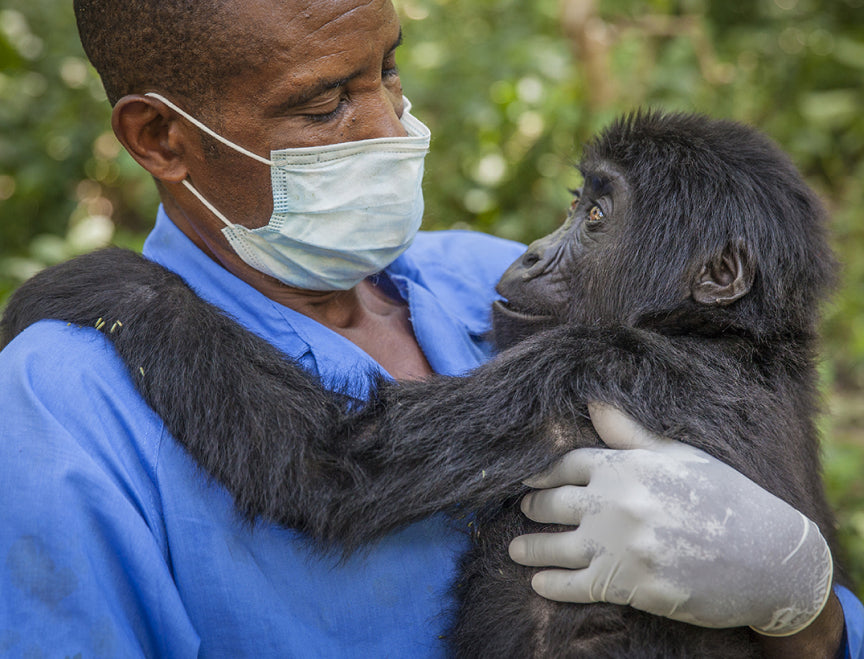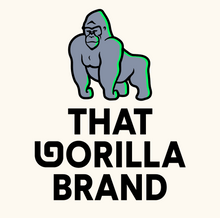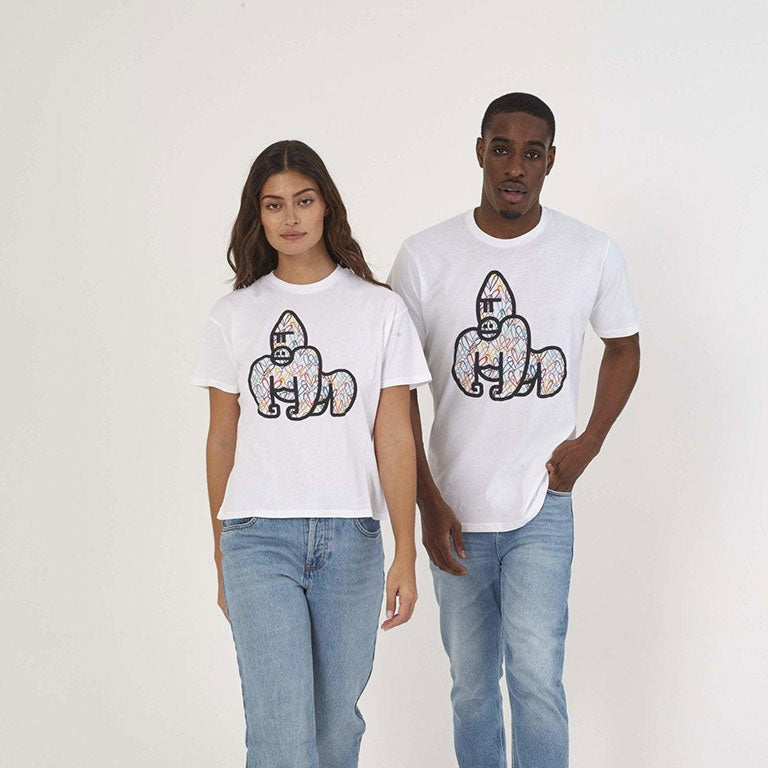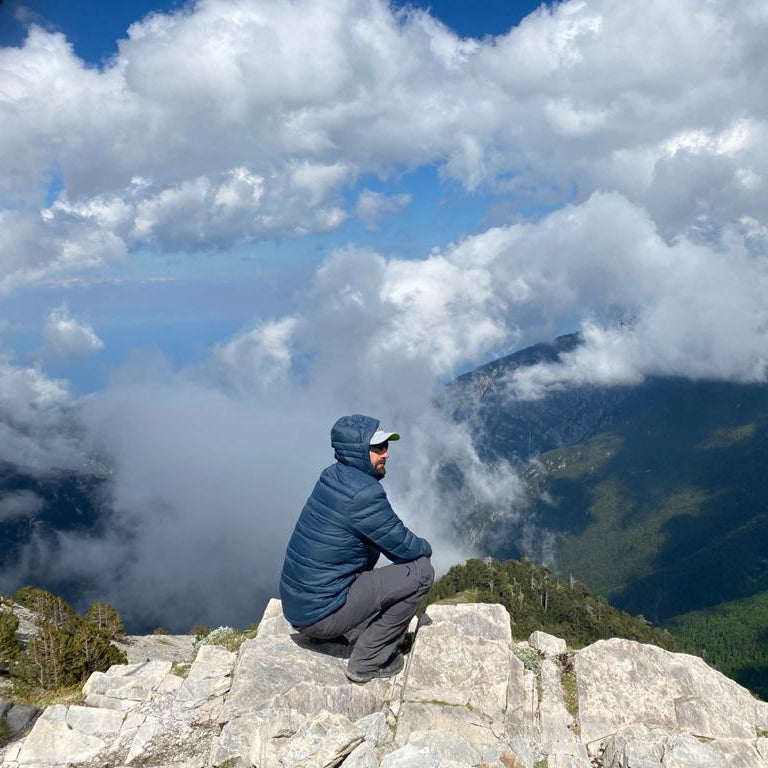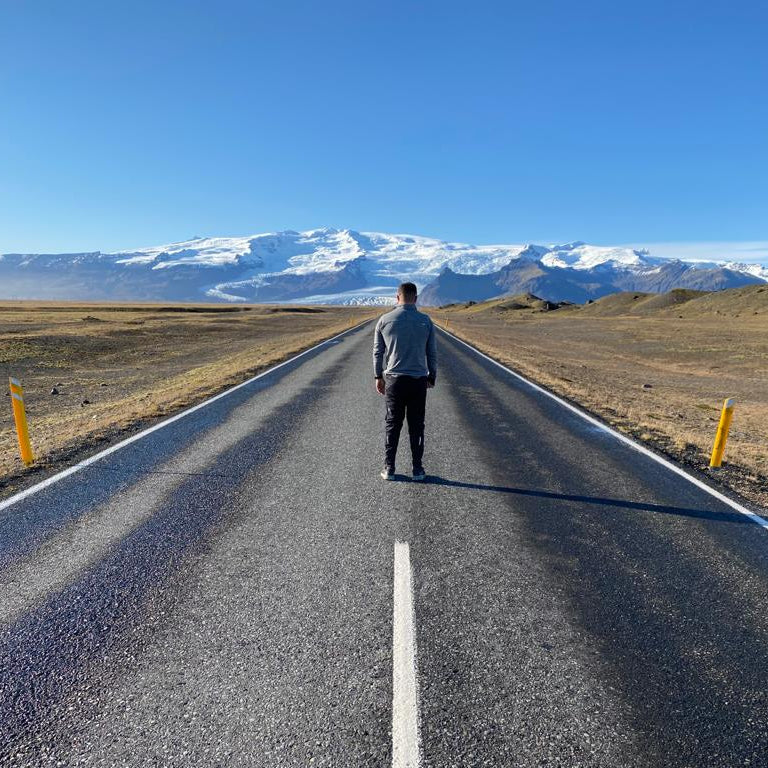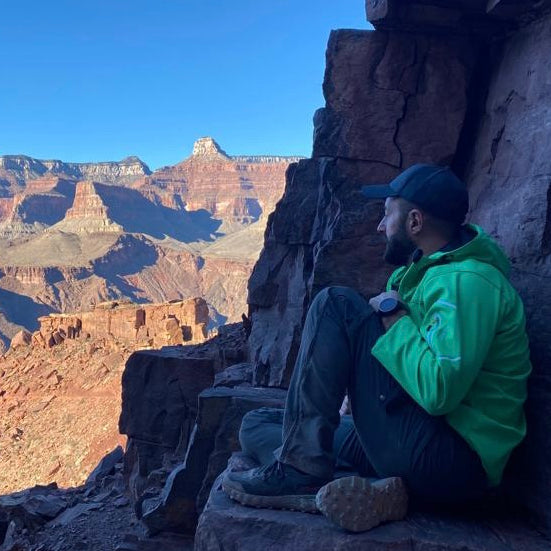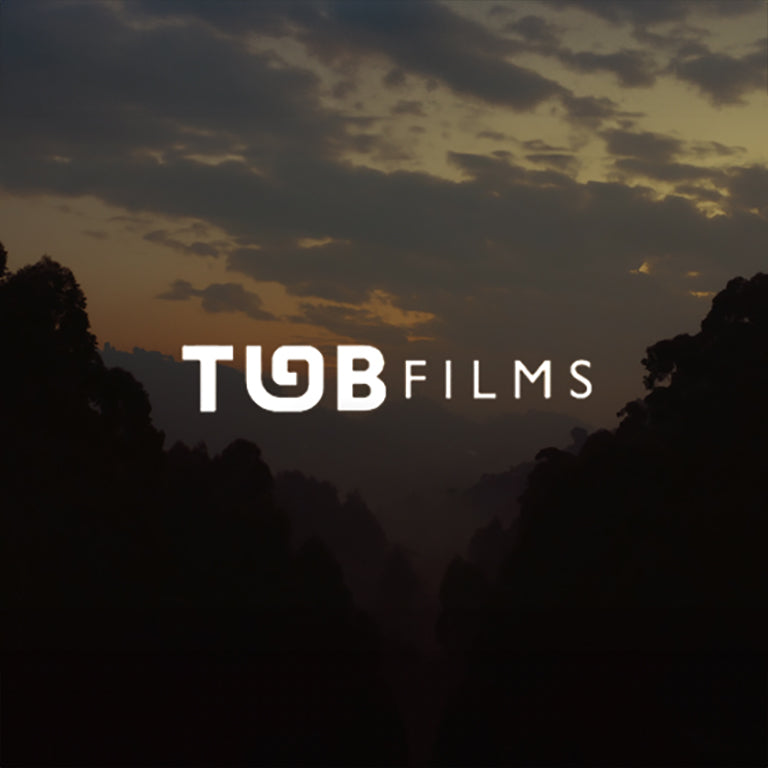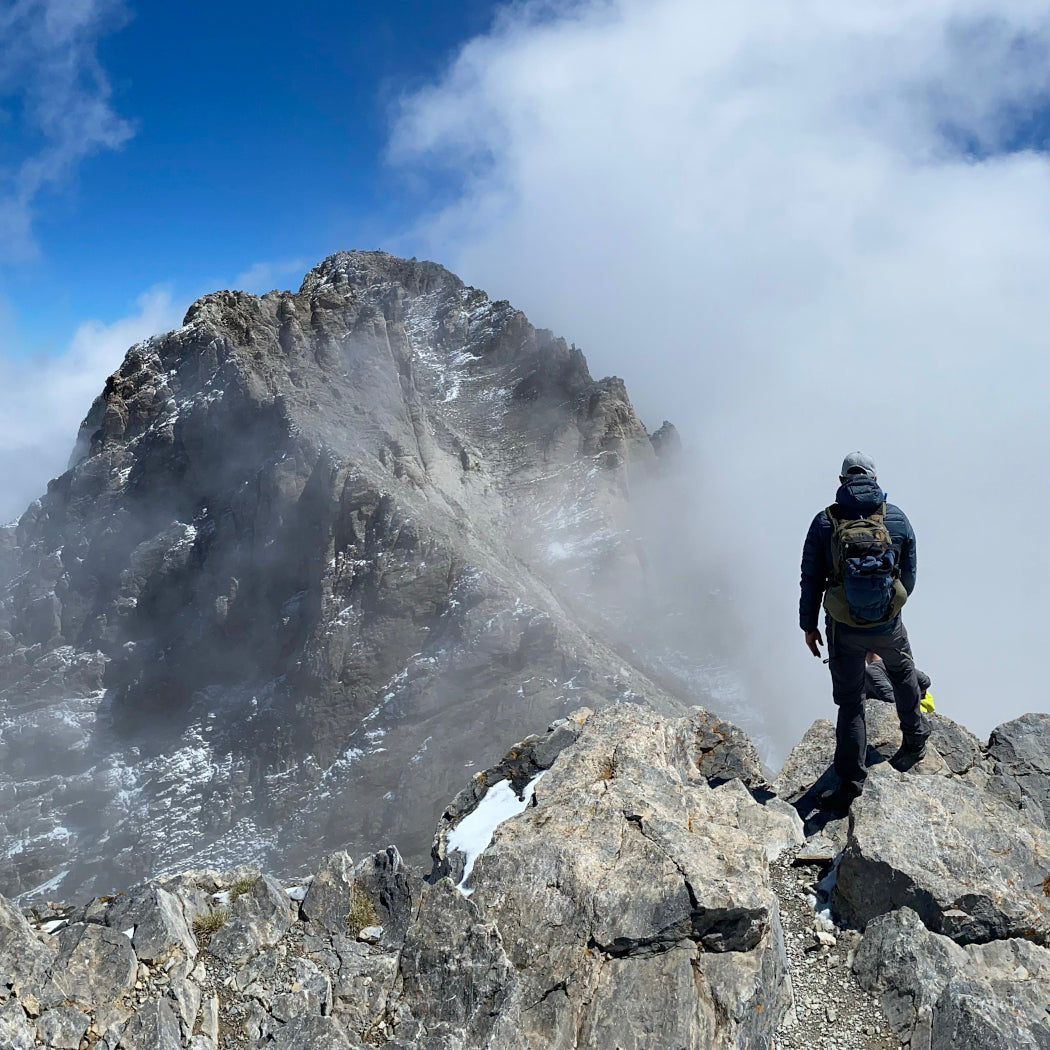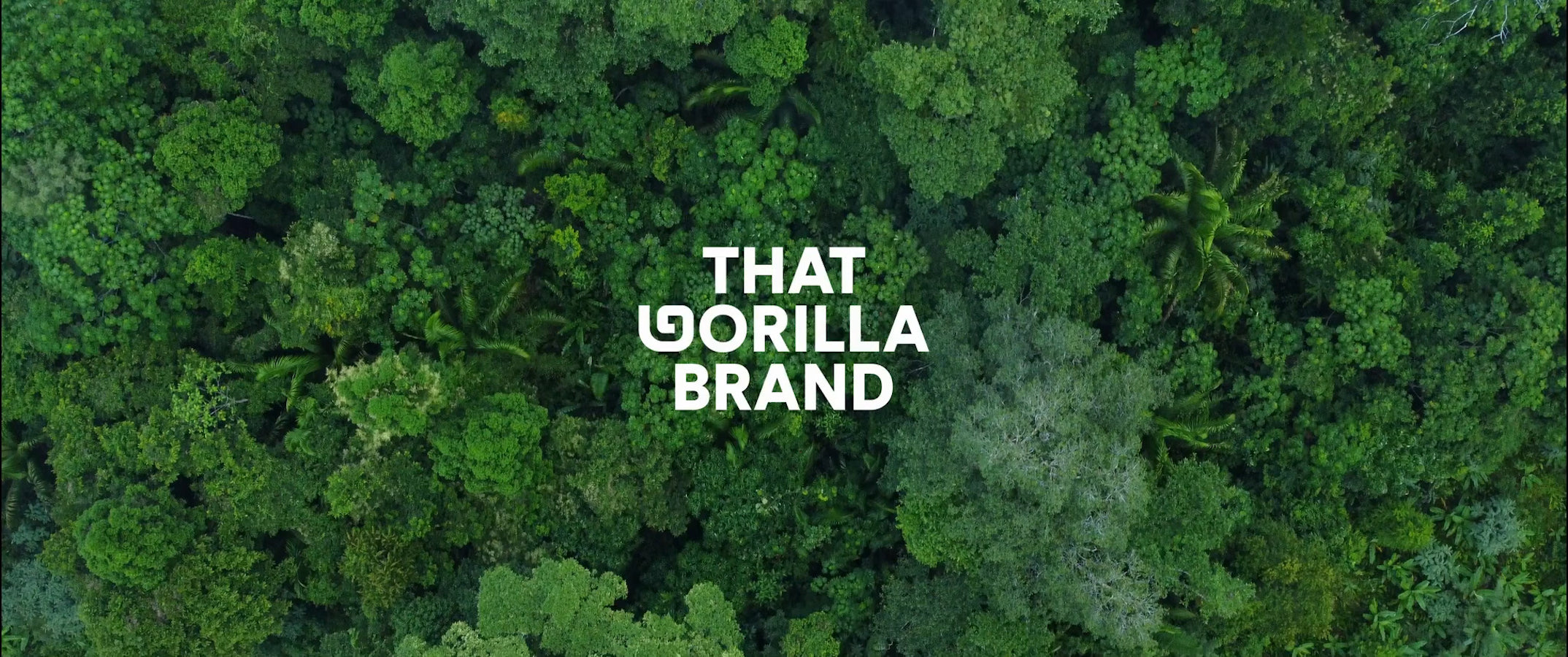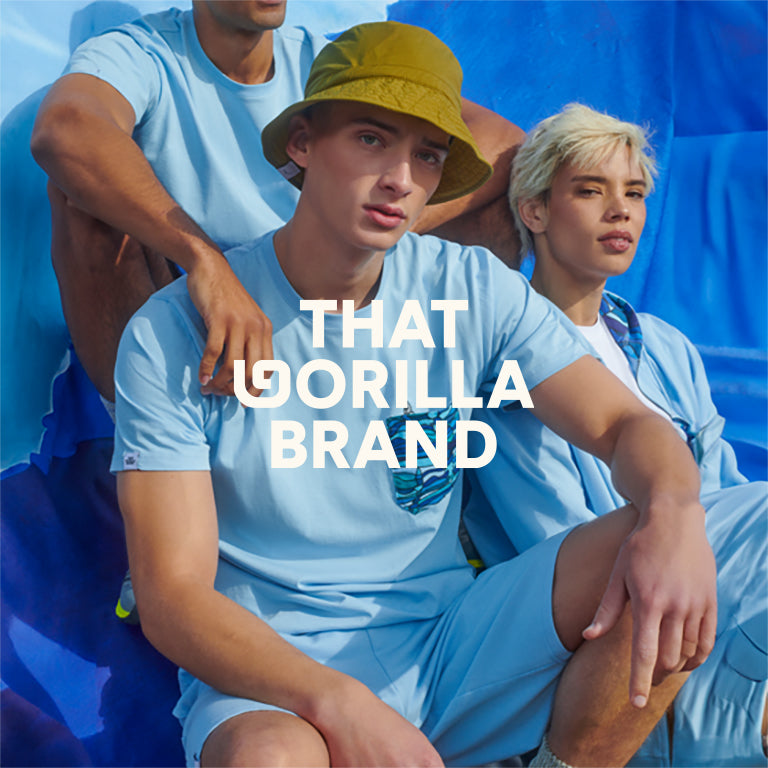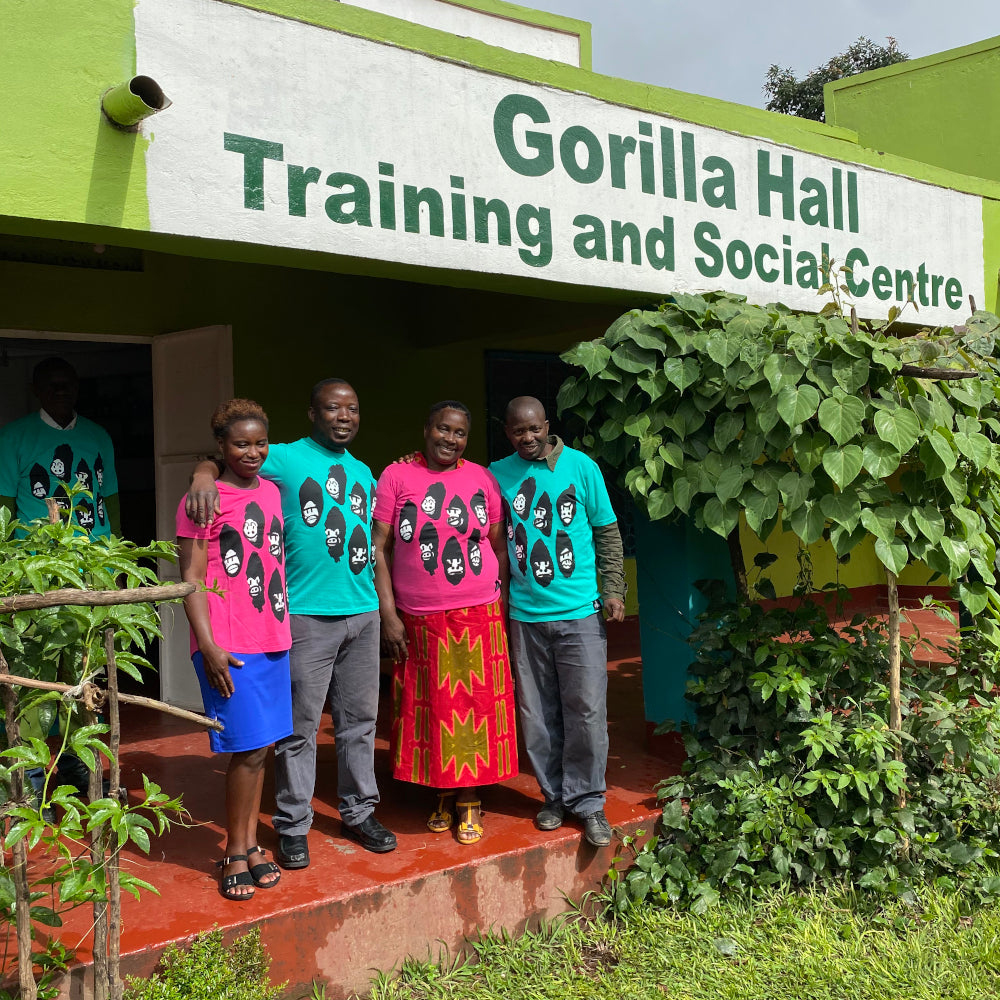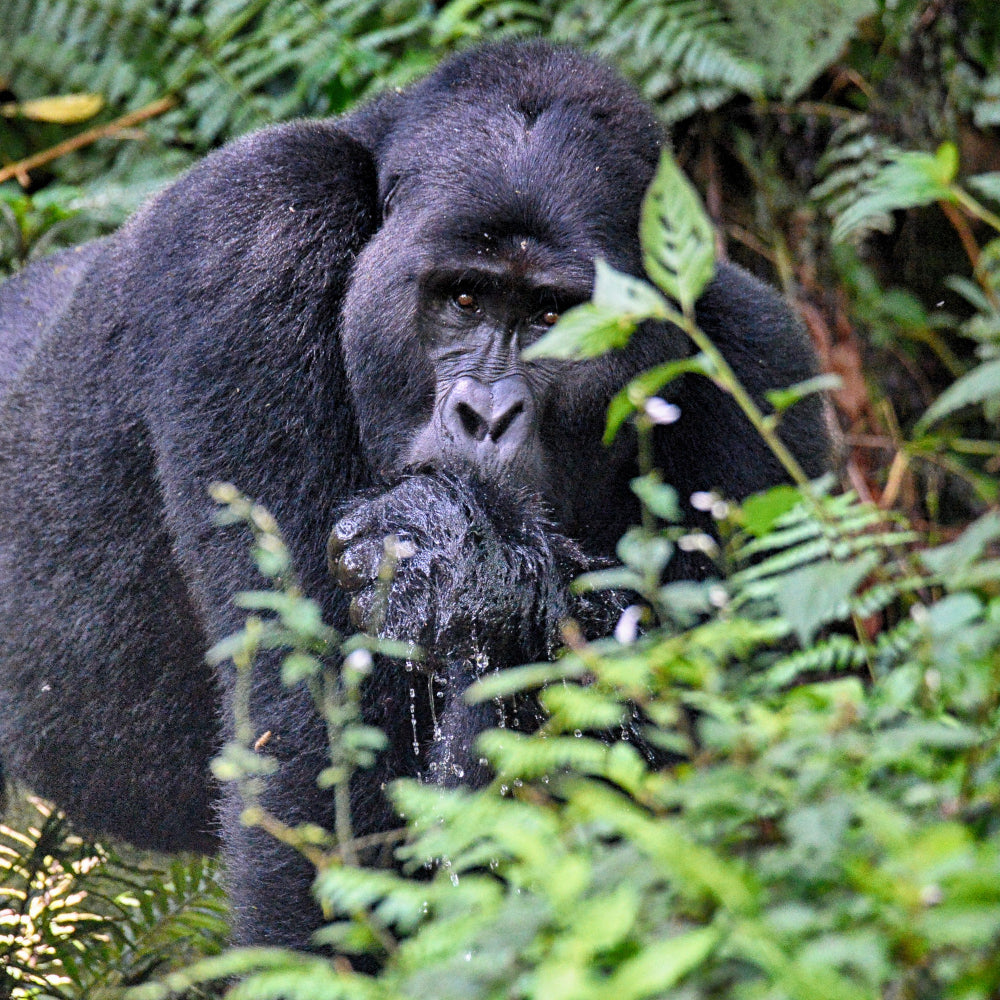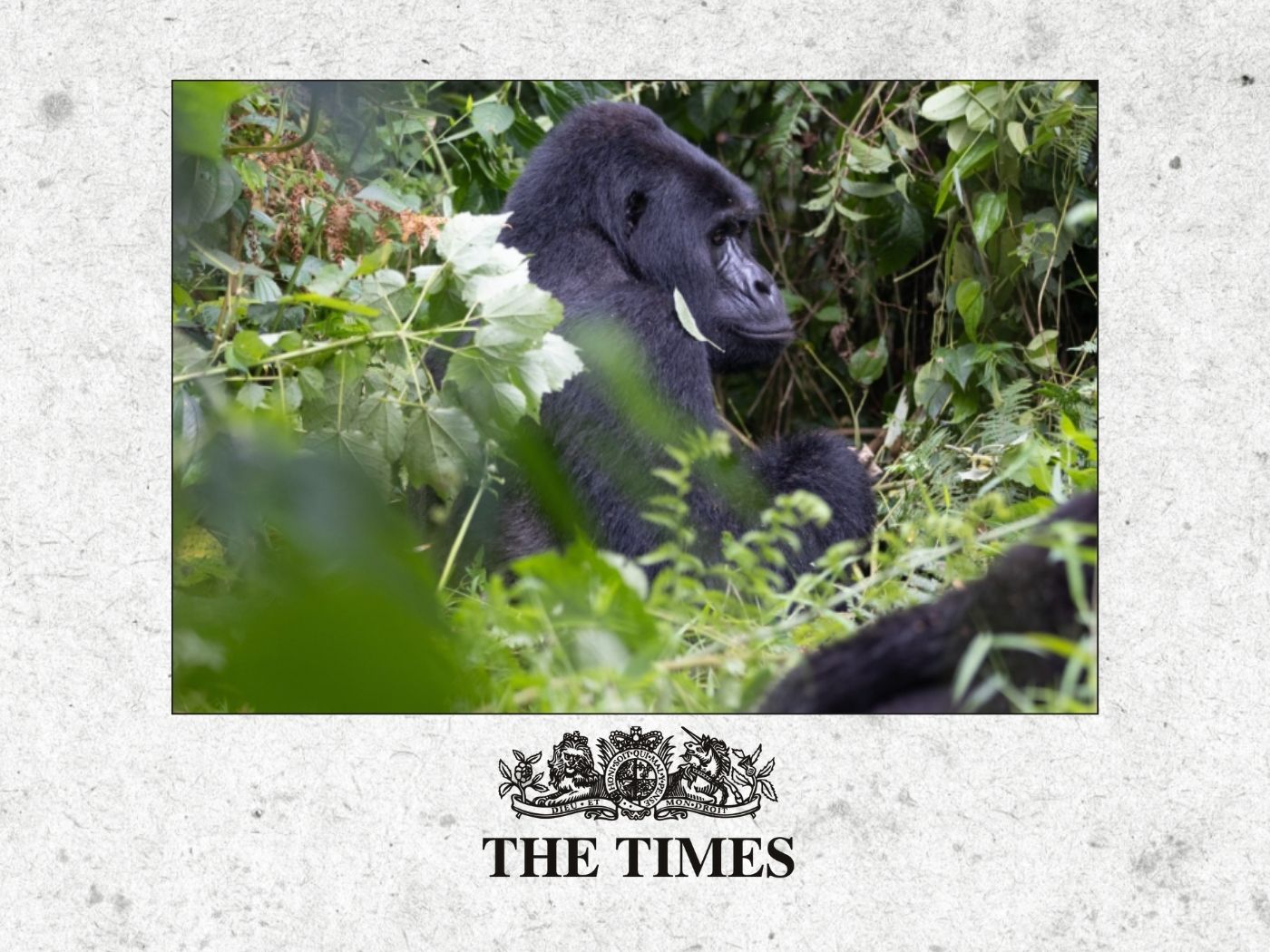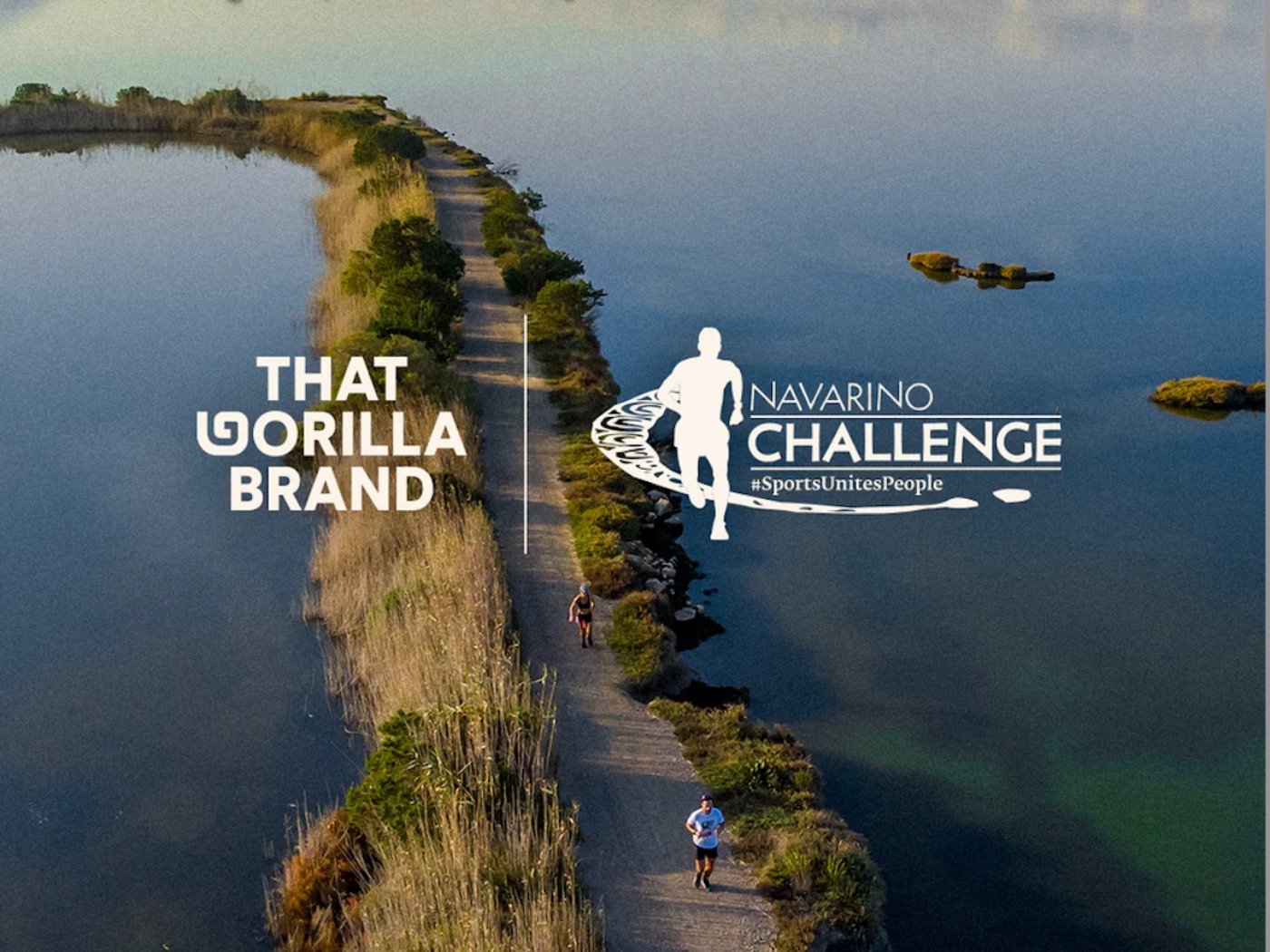That Gorilla Brand is helping the endangered mountain gorilla in Uganda and the human communities surrounding their habitats live improved lives. The Big Gorilla Story project, a project of Water Journalists Africa, talked to Leo Gripari, CEO of That Gorilla Brand, about how and why they have supported the installation of seven water harvesting systems, one well, and two springs in communities close to the Bwindi Impenetrable National Park. He also spoke about how they are working to provide clean water to more than 15,000 people in seven local communities in this region.
QN: We began by asking him what is That Gorilla Brand. And how did it start?
ANS: That Gorilla Brand is a lifestyle conservation brand that puts making a difference over making a profit. The idea came to me and my wife Casey (COO) on a family holiday in 2018 – almost out of nowhere. I’d been having a sleepless night and was thinking about business ideas that could make a meaningful impact in support of the conservation of endangered animals.

Leo Gripari, CEO of That Gorilla Brand (second from left), tracking Gorillas in Bwindi Impenetrable National Park. Photo by That Gorilla Brand.
This led to the idea of creating an apparel brand to help the endangered mountain gorilla and the human communities that surround their habitats. We met Jillian Millar, the Executive Director of our primary charity partner, The Gorilla Organization in 2020, who has been working for over two decades to save the mountain gorilla from extinction.
Our partnership with Jillian has been fundamental to our impact journey – we donate a portion of all our sales to The Gorilla Organization to help them implement community-led initiatives in the areas closest to the gorilla’s habitat.
QN: Why is it important to safeguard mountain gorillas?
ANS: There are only around 1,000 mountain gorillas left in the world, based in Uganda, Rwanda, and the Congo. Through close monitoring and community-led conservation within the last two decades, populations have risen so they are now off the critically endangered list to endangered. However, their long-term survival is not guaranteed.
There is a strong link between the survival of local communities surrounding the gorilla habitat and the survival of the gorillas themselves. Only one-quarter of the communities in the areas where the mountain gorilla live have easy access to safe drinking water. When waters run dry, people can’t get enough to drink, wash, or feed crops, and economic decline often occurs. This causes knock-on effects, including deforestation of gorillas’ habitats, poaching, and conflict, leading to their decline.
So to protect the gorillas, we must protect the surrounding communities.

There are only around 1,000 mountain gorillas left in the world, based in Uganda, Rwanda, and the Congo. Photo by Fredrick MUgira
QN: How do you aim to work with local communities across Uganda to ensure that people can be provided with clean water and protect the country’s biodiversity?
ANS: To date, we have raised almost £220,000 (around €250,000) through Adventures For a Cause and profits from That Gorilla Brand’s apparel to support a range of projects, including the development of the Bwindi Community Project – Water in Uganda, which provides the human communities that neighbour the mountain gorilla’s habitat with easily accessible and clean drinking water. This means they can continue to live and thrive without relying on the resources from the gorilla habitat.
This community-led project has installed seven water harvesting systems, one well, and two springs. At the end of phase three, it will have provided clean water to more than 15,000 people in seven local communities, including three primary schools, a health center, and the Bwindi gorilla sanctuary. Four hundred seventy-four leaders have also been trained in promoting hygiene awareness in their community so that the project can be maintained in the long term without external support.
QN: How can the private and public sectors implement more concerted efforts to prioritize biodiversity and landscape sustainability?
ANS: Both the private and public sectors are putting stronger emphasis on the complex relationship between wildlife and humans, and how, through legislation and conservation education, both can work harmoniously to tackle the biodiversity challenges faced in Uganda.
The Ugandan government works closely with the private sector and charities to ensure long-lasting environmental and economic stability for generations to come. For instance, our partners, like The Gorilla Organisation, work with the Uganda Wildlife Authority (UWA) – the government agency responsible for the management and protection of wildlife in protected areas in the country – to train rangers in the Bwindi region to help them protect the endangered animals and the communities that surround them. The UWA also donates 10% of funds from tourism activities to the surrounding local people to improve their lives.
As a private entity, we try our best to use our platforms as a voice for good, educating those across the world on the biodiversity issues faced in Uganda, to encourage other private corporations to raise awareness and invest in the diverse sustainability challenges it faces.
A symbiotic approach from private and public sectors can ensure that the people within the Bwindi region in Uganda can coexist peacefully with the wildlife and their environment, ensuring long-term success for future generations.

Bwindi Impenetrable National Park in Kanungu, Uganda, edge communities comprising peasants. Photo by Fredrick Mugira
QN: What is next for the TGB?
Our next Bwindi Community Project – Sanitation, is investing in improved sanitation for 5000 children and teachers in the region of the BINP, using contractors to work with local companies and individuals to install new toilet seats, introduce private cubicles with study doors and construct solid outbuildings.
Without having to worry about intrusion or navigating unsafe structures and potential health risks, these children can get to class on time and concentrate on learning, and teachers can focus on providing a full and rounded education. Less absenteeism comes with greater academic capabilities, increased literacy, better livelihoods, and an understanding and passion for conservation for the future.
Improving sanitation in schools through community-led conservation not only improves the lives of the people within the Bwindi region of Uganda, but has knock-on effects for the neighbouring biodiversity and wildlife, including the endangered mountain gorilla.
ANS: There are 16 schools situated around the edges of the Bwindi Impenetrable National Park (BINP) in Uganda. Of these, only three have new, hygienic toilets for children and teachers, and the other 13 schools all require significant investment to meet basic sanitation standards. The current toilet system consists of unlined holes dug in the ground which have no way of being cleaned, rife with disease and danger of falling on; the structures surrounding them are unstable, with broken or absent doors, and they have no wash basins or access to those who are disabled. Poor sanitation and hygiene can lead to chronic diseases for the children of this region, reducing their future prospects significantly. Investing in sanitation and hygiene is about transforming lives.
